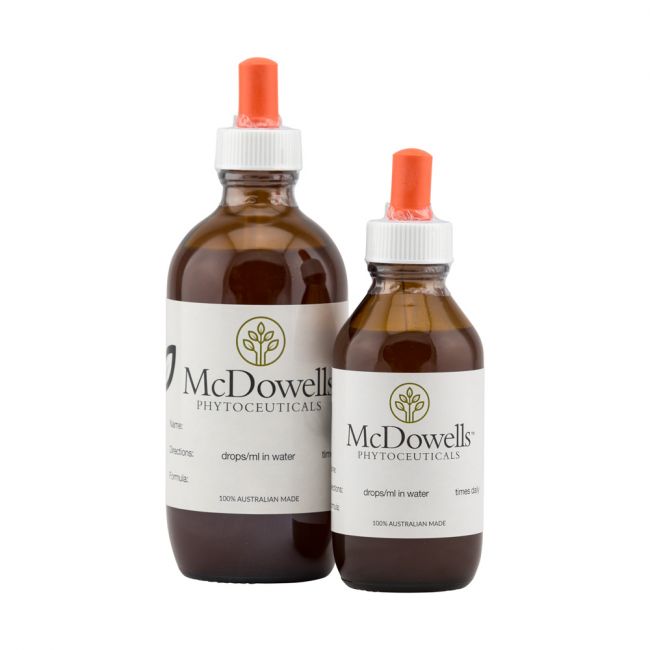Improving your digestion is an integral part of health! A deficiency of stomach acid can be an issue because stomach acid is essential to proper digestion and overall wellbeing...

Hypochlorhydria is the official term for low stomach acid. Stomach secretions are made up of hydrochloric acid, enzymes, and a mucus coating that protects the lining of your stomach. Hydrochloric acid helps your body to break down, digest, and absorb nutrients as well but can also kill off bacteria and viruses in the stomach.
Symptoms of low stomach acid include;
- Excess gas
- Cramping
- Burping
- Bloating
- Diarrhoea
- Heartburn/Reflux
- Indigestion
- Intestinal infections
- Nutrient deficiencies, such as iron and vitamin B12
- Hair loss
- Skin conditions
- Fatigue
There are some simple things you can do to improve digestion!
1. Chew your food slowly and fully
Digestion begins in your mouth! Saliva contains enzymes like amylase and lingual lipase that help digest foods before they've even reached your stomach! Chewing your food properly can help reduce stress on the oesophagus, improve digestion, improve nutrient absorption and helps the stomach metabolise and break down your food.
2. Eat fermented food
Include more fermented foods in your diet. Foods like yoghurt, miso, sourdough, kombucha, kimchi, sauerkraut, and pickles contain short chain fatty acids. SCFAs are molecules produced by bacteria when they ferment dietary components (primarily fibre: non-digestible carbohydrates) inside the colon. Bacteria occurs naturally in the stomach and some help digest food and may help support a healthy digestive system.
3. Take apple cider vinegar
Raw apple cider vinegar is made from crushed apples fermented with bacteria, and yeast. Mr Mansfield's Daily Ritual also includes other powerful ingredients like lemon, raw honey, fresh garlic, turmeric, ginger, chamomile, yarrow dandelion, marshmallow and echinacea. Apple cider can increase the levels of stomach acid and help with reflux.
4. Consume warming foods, herbs and spices
Include ginger and peppermint tea. Both help with digestion and stomach acid. Research has shown that ginger can help reduce nausea and inflammation and peppermint oil may relieve symptoms of irritable bowel syndrome and stomach pain.
5. Take digestive enzymes
These can enhance digestion and nutrient absorption. They may provide noticeable relief from uncomfortable digestive symptoms and assist in breaking down proteins, fats, carbohydrates and fibre. With these enzymes, the body may more easily absorb the nutrients from food, resulting in better assimilation. When the stresses of digestion are reduced, more energy may be available to other systems of the body which are responsible for overall health and vitality.
6. Reduce stress and exercise more
Stress hormones/chemicals directly affect your digestion. Being in 'flight or fight' mode can divert energy away from digestion. Walking is one of the best exercises to help digestion. It is easy, free and everyone can start at any level. Yoga is an exercise that hep reduce stress, improve flexibility, aid digestion and is known to stimulate digestive organs.
7. Remove processed foods and eat more fibre
Whole foods have minimal processing are generally higher in nutrients and fibre. A high fibre diet can improve constipation, inflammatory bowel disease, and colorectal cancel.
8. Drink plenty of water but have fluids after eating (not during)
9. Finish your last meal three hours before bed
Sleeping too soon after eating can lead to heartburn, insomnia and even gastroesophageal reflux disease (GERD). Allowing time to digest your food before lying down to sleep can mean less upset stomachs, indigestion, or acid reflux.
10. Eat smaller meals
Keeping meals simple, fresh and light can go a long way to improving digestion and health.




